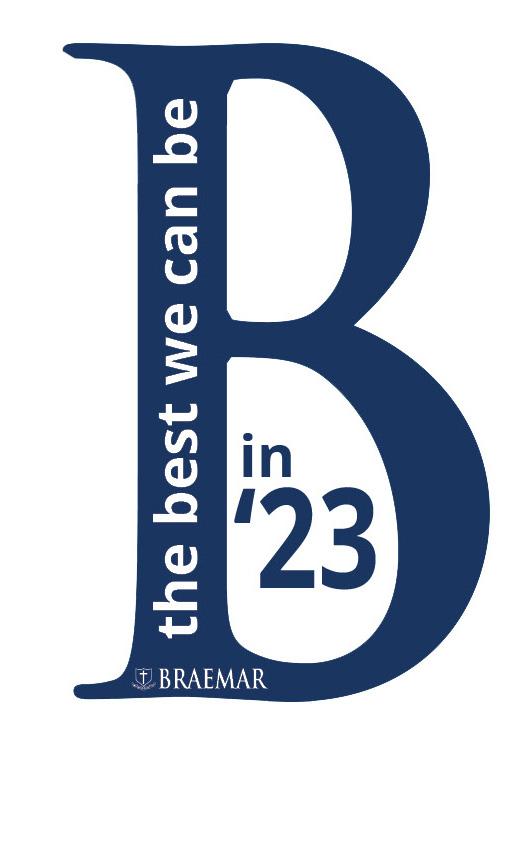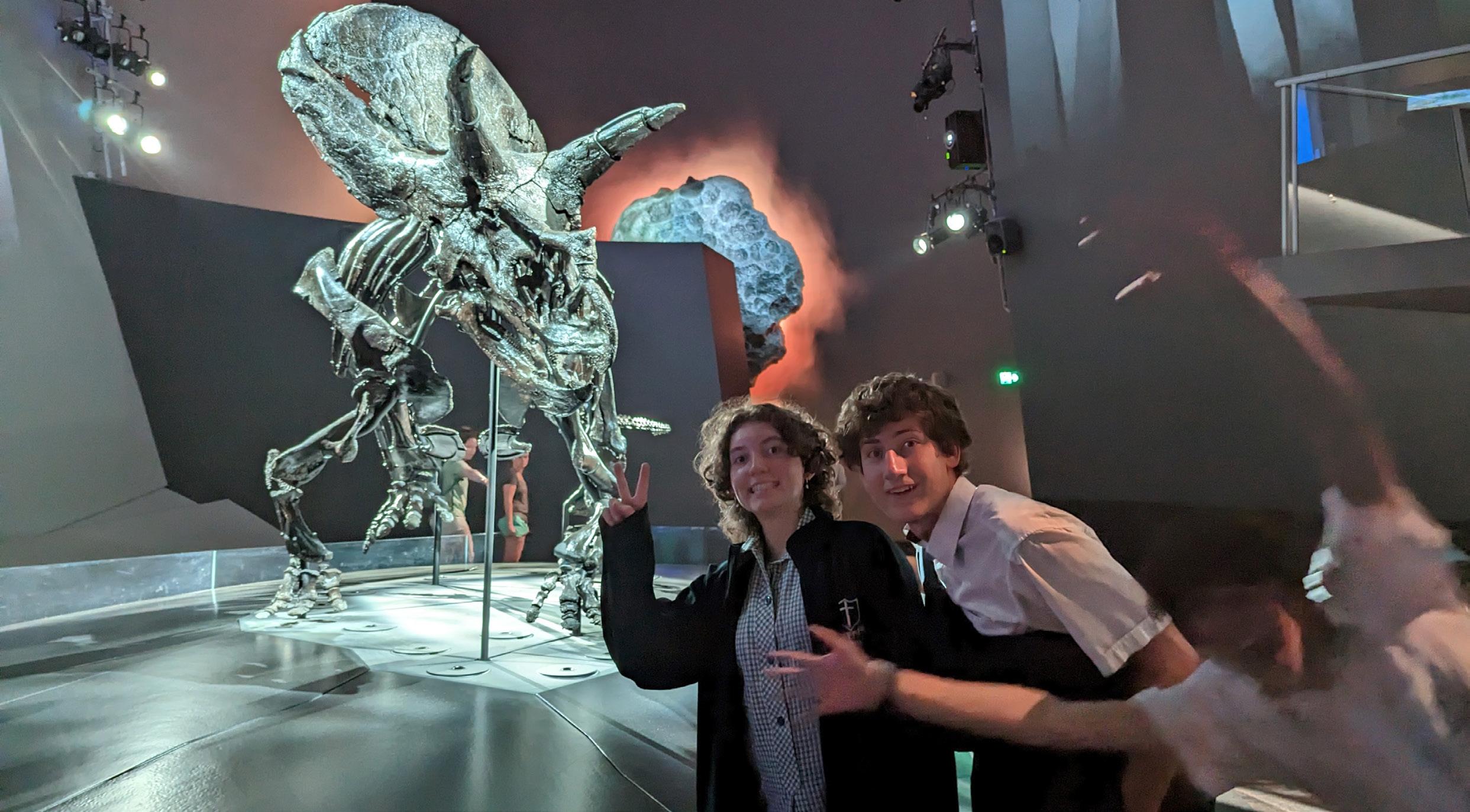
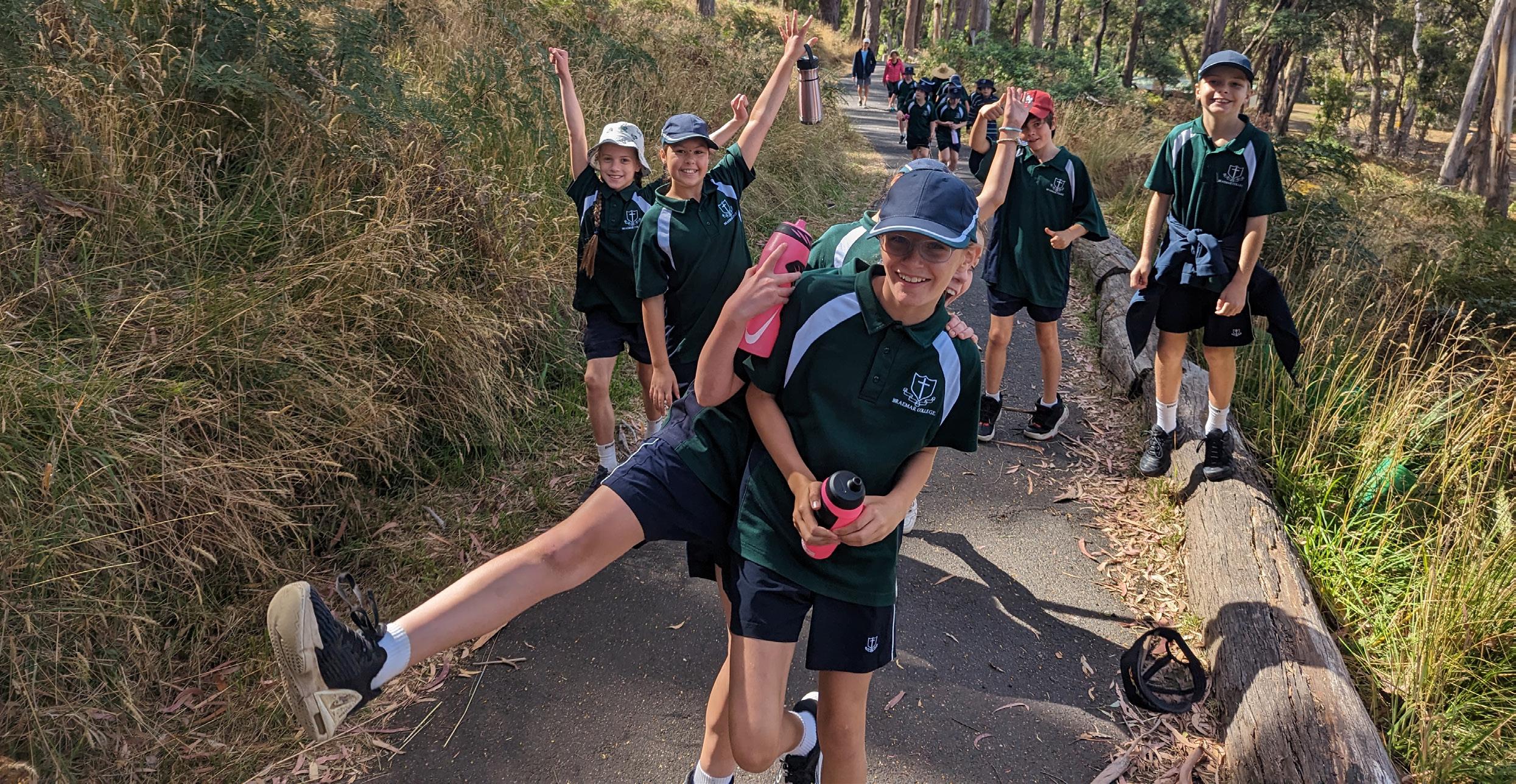


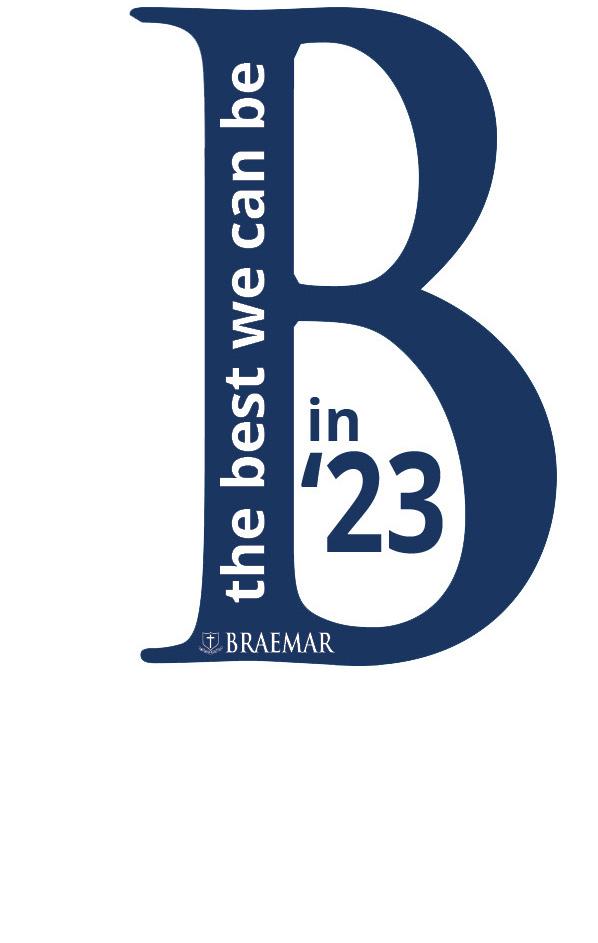 Issue#5 | 2023
Issue#5 | 2023
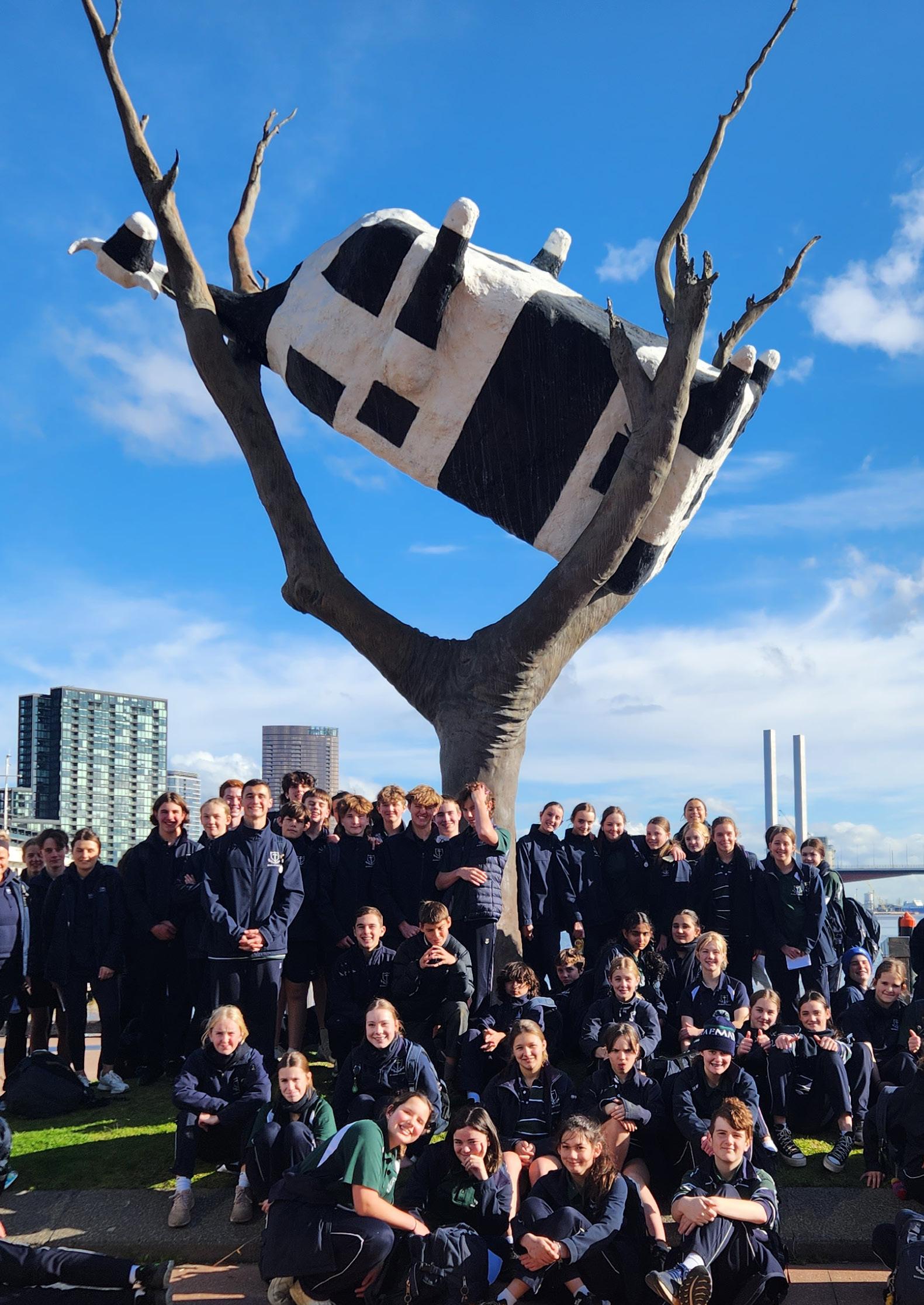
I hope that all members of our community enjoyed the recent school holidays. I have heard many conversations about time spent together as families, warmer weather and travel. It’s lovely to see young people speak with passion and animation about their holiday experiences. Equally, many have spoken to me about a ‘staycation’ to enjoy time at home catching up on sleep or, in the case of our VCE students, time doing holiday homework tasks.
The semester ahead has already started with a flurry of activity. Within the first two weeks, we have had multiple events and opportunities for students both within and beyond the classroom. Our Visual and Performing Arts team have been busy preparing for their upcoming season of Oliver Jr. The 100-plus members of our cast are currently deep in their final rehearsal schedules. Ticketing details will be provided shortly, and we look forward to seeing our performers show the outcomes of their incredibly hard work.
On the music front, the first restaurant dinner for the semester was held in week one. The Thursday evening diners are ticketed events, and tickets sell out quickly. Keep an eye out for the try booking links. The evenings also provide an opportunity for musicians of all ages to perform their pieces. The keyboard students were on show in week one and performed beautifully. There are many more exciting events in future weeks, so please keep an eye on the communications.
The Braemar College sporting teams have had many competitions in the first two weeks. Our sporting results in 2023 are some of the best ever. We have placed highly in the majority of the interschool events in many disciplines. I encourage you to read the sporting update later in the Buzz for more details.
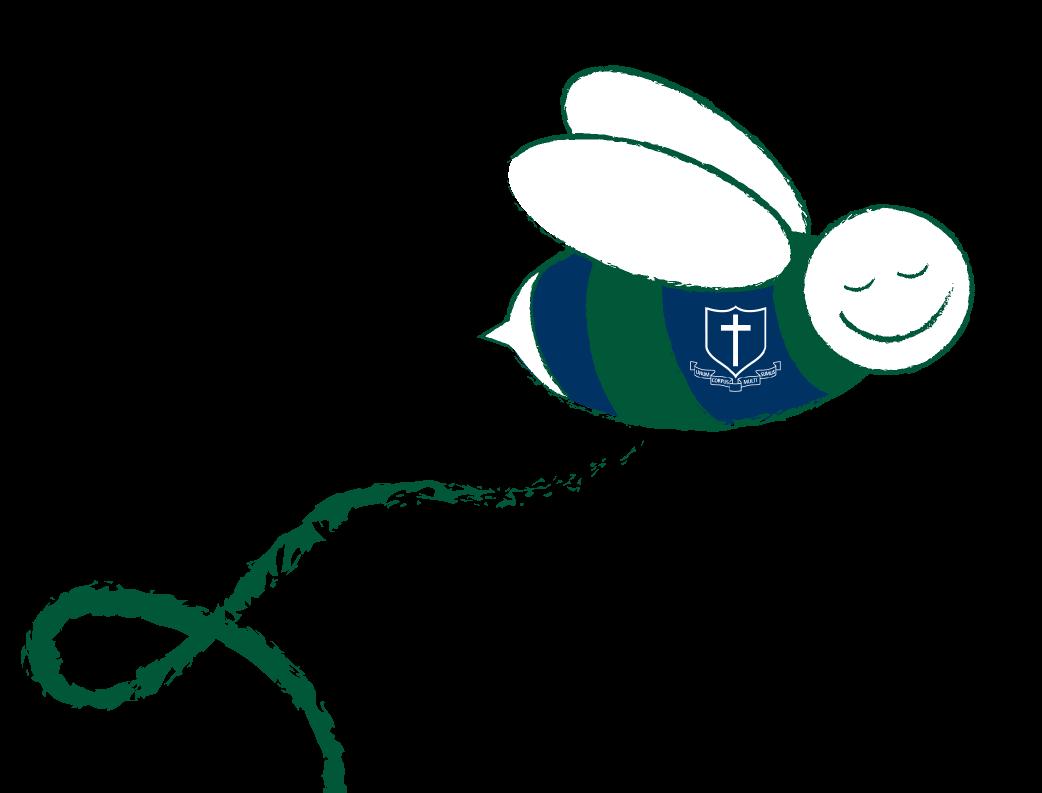
Finally, within the classroom, our students have returned to work quickly and settled into routines. Of special note are two young men who have worked very hard and achieved exceptional results in the recent University of Melbourne Extension Program. This program, known as UMEP, is offered in the mathematics discipline and allows students the opportunity to gain credit towards subjects at that university but to study those subjects in the known environment of their school, supported by their teachers. Ryan and Edward both achieved highly in the first-semester subject and are now well into the second-semester subject. My thanks to the leaders and teachers who support these scholars as they pursue students in advance of the usual VCE pathway.
Enjoy the Buzz.
Mr Russell Deer Principal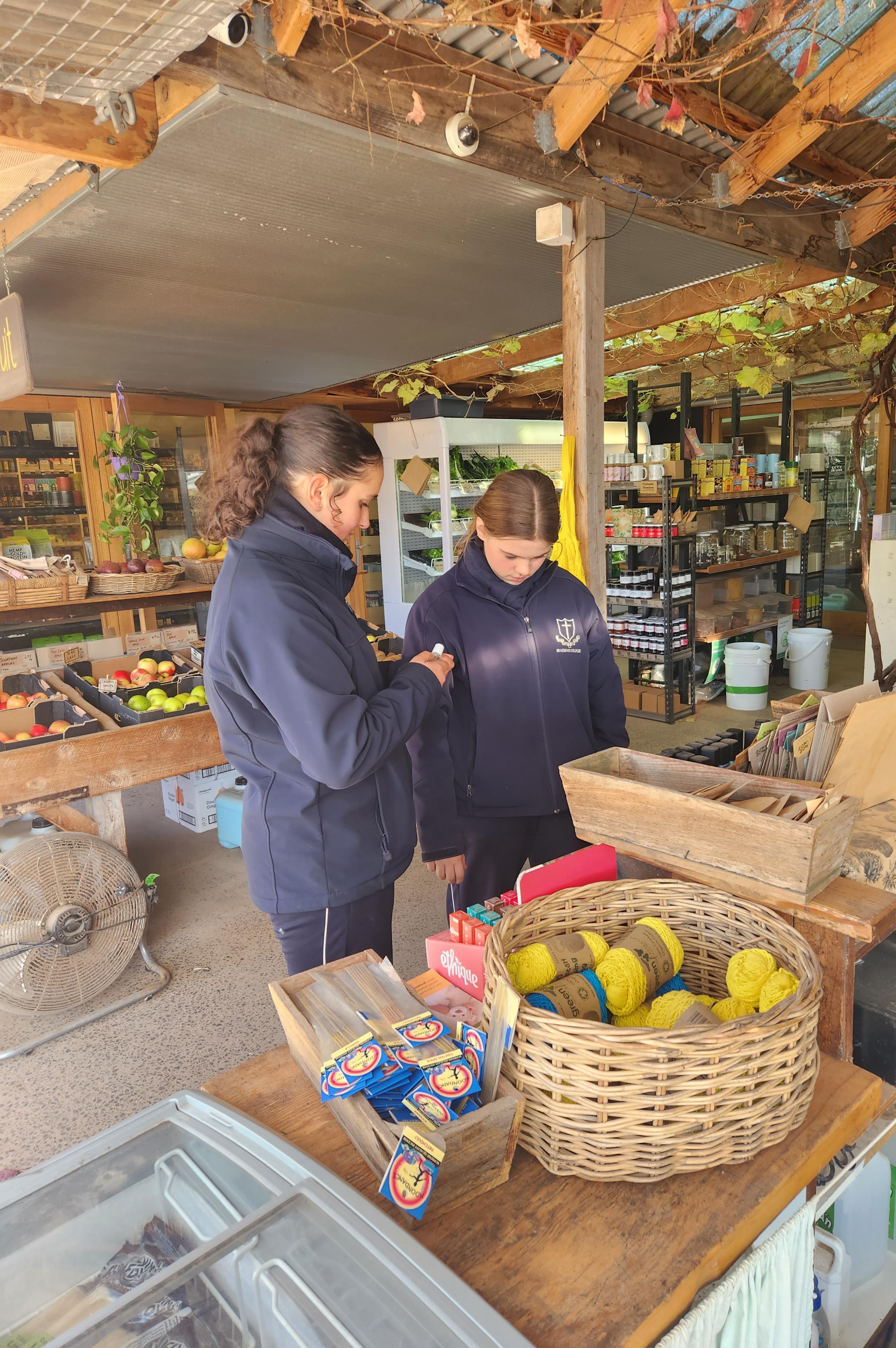
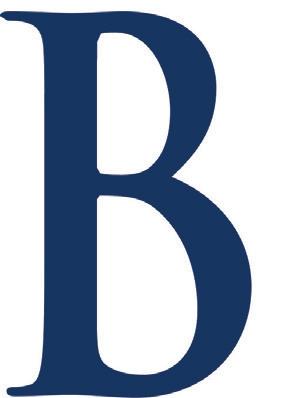
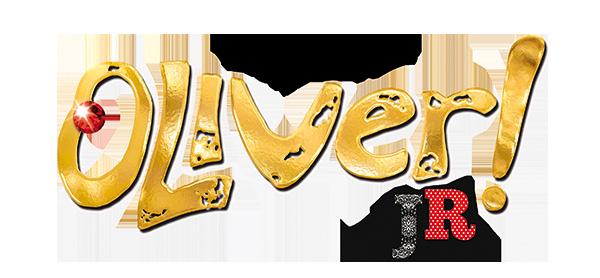
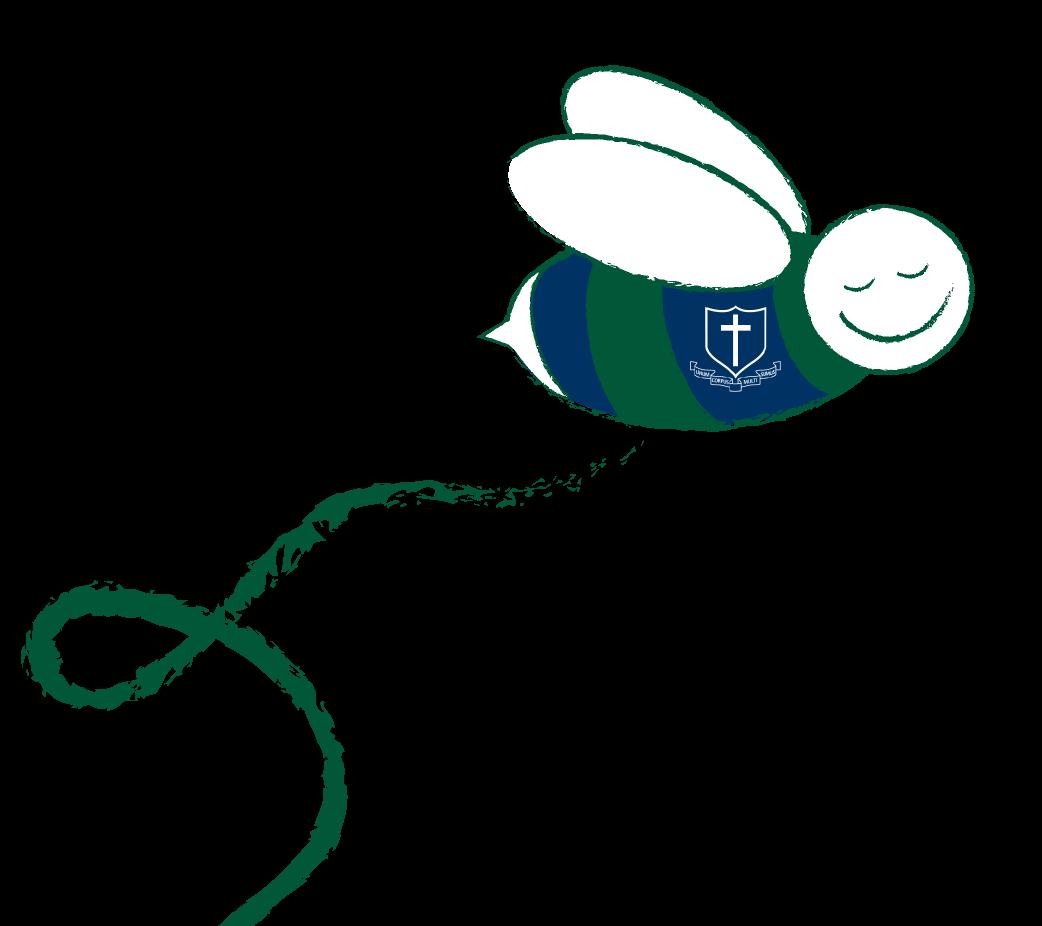
“Believe you can and you’re halfway there”
The start to Term 3 provides an opportunity for change and transition after a well-earned break over the holidays. Many students in the Middle School have moved into new Create and language classes, harnessing the experiences from Semester 1 as an opportunity to embrace new skills and knowledge. Our Year 8 students are edging closer to their final weeks in the Middle School, beginning the process of subject selection for 2024 and we also welcome a number of new students and staff to our community.
There has been an overwhelming feeling of excitement and enthusiasm in the past 2 weeks as students have returned and the campus has come back to life. It has been so pleasing to see each class step straight back into a mode of focused learning and inquiry, responding to feedback from their teachers throughout the start of the year and looking to becoming even more self-managing in their time at the College. I am looking forward to seeing all of the amazing experiences that will unfold in Semester 2 for each and every individual in our community.
Mr Rob Jenkins Head of Middle School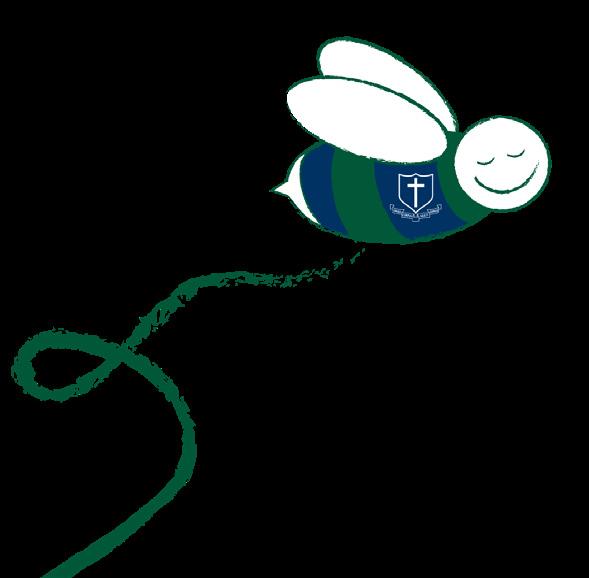
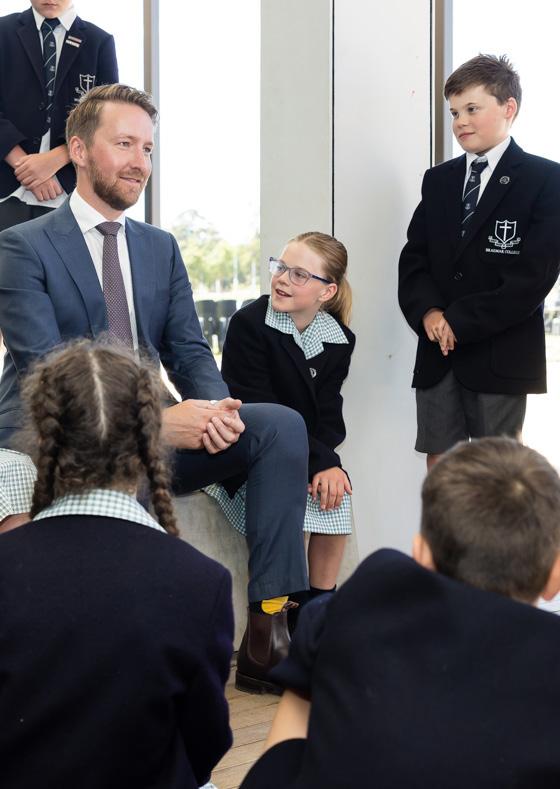
I hope this Buzz edition finds students and families well-rested, recharged, and ready to embark on the coming semester. The start of the semester provides a unique opportunity for students to reflect upon their past performance and achievements from Semester 1 and a chance to continue to develop their potential, challenge themselves and discover new avenues for their intellectual curiosity for the new semester.
Students are now busy completing their 2024 subject selection process, with student interest building and driving the timetable process. In the conversations with students within the interviews, either entering the Senior School in Year 2024 or planning for their VCE journey, I actively encourage students to explore new interests as a crucial part of becoming a lifelong learner.
This approach can be applied to students in Years 9 and 10, completing alternative programs during the first week of August. Students in Year 9 undertake City Week, a program where the city becomes the classroom, and students work in groups to complete tasks and challenges designed to build students’ resiliency, critical and analytical thinking skills and effective group cooperation and communication. Year 10 students sample life within the workplace through the Work Experience program to further build upon their skill development through experiences. Year 11 students are considering their own leadership roles and responsibilities, with applications for the 2024 student leaders now open. Finally, the Year 12 cohort are committed to growing and demonstrating their academic excellence within their final term before exam preparation begins whilst considering the legacy they leave.
Finally, the parent-teacher interviews are a critical opportunity, and I ask that all Senior School students attend these interviews with their parents/guardians. One-on-one discussions about and with students allow for growth through feedback. It is an invaluable time to speak about specific individual students, remembering the journey through education is not a solitary one. Key focuses include:
• Seeking academic support and assistance from your teachers to succeed. Asking questions, remembering all academic achievement begins with a question and is a growth journey.
• Ensuring health and wellness are as important as your academic success by taking care of your physical health, eating healthy food, getting adequate sleep and regular exercise.
• Connected with teachers, friends and the broader school community. Attending school events and participating in the experiences offered enrich students beyond academic learning.
• Understanding every semester undoubtedly brings its share of challenges, and embracing these as opportunities to develop, grow, learn, and emerge stronger is needed.
• Demonstrating the college values by all fostering a culture of respect and kindness in our school community that celebrates diversity and supports each other as part of a community.
I hope you find these experiences productive, fulfilling and helpful in establishing an exciting semester ahead.
Ms Lisa Fritz Head of Senior School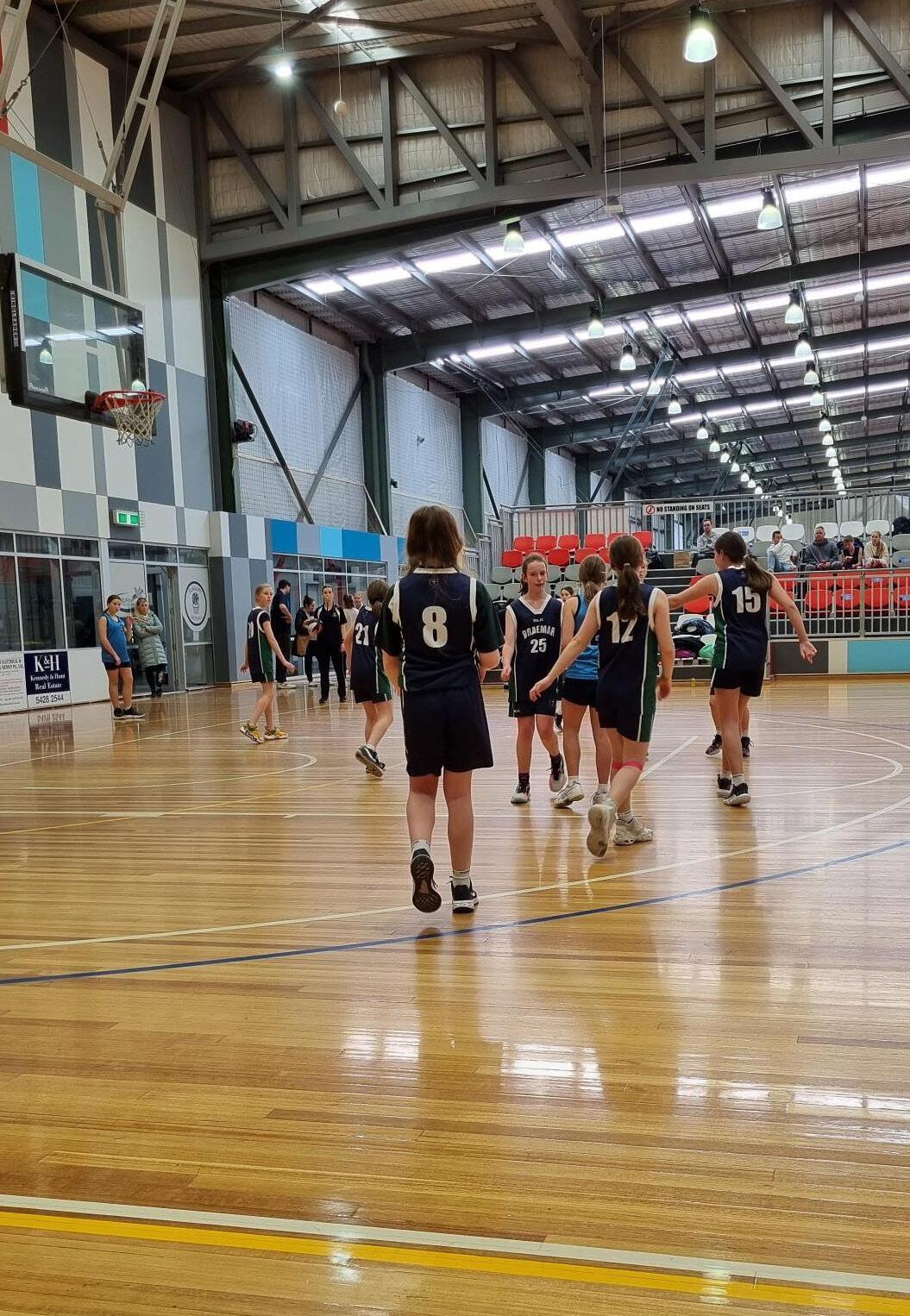
Welcome back to Semester 2. There is currently a real sense of energy and enthusiasm around the College, and this is something that I share as I embark on the role of Acting Dean of Learning and Teaching for the remainder of 2023. As part of this role, I am responsible for overseeing curriculum, reporting and assessment across the College. Furthermore, throughout this semester, I will be focused on the College’s professional learning program to support the ongoing development of our classroom practice.
Parent Teacher Conferences will be taking place on the 9th and 10th August. These conferences provide a valuable opportunity for parents to communicate directly with teachers and discuss their child’s learning and progress. We strongly encourage all students to participate in these conferences in order to receive targeted feedback from their teachers, reflect upon their progress so far and set goals for future development over the course of the semester. We hope that this collaborative process will ultimately enhance motivation and, as a result, student learning outcomes. In preparation for these conversations, it is often useful for parents and students to revisit the SEQTA feedback and assessment grades as this information can be discussed with the teacher.
NAPLAN results will be made available to students and their families shortly. These results provide information about individual student achievement against established proficiency levels. Furthermore, this data is used to help us to enhance each student’s learning, reflect on the College’s teaching and learning program and set goals for future improvement. Additional information about NAPLAN results can be found by accessing the Australian Curriculum Assessment and Reporting Authority (ACARA) website at: www.nap.edu.au.
Finally, a number of our young people have opted to participate in the ICAS assessments this term. ICAS is a world-renowned academic competition that is designed to assess students’ higher order thinking and problem-solving skills. We hope that these students enjoy the challenge offered by these assessments and we wish them well in the competition.
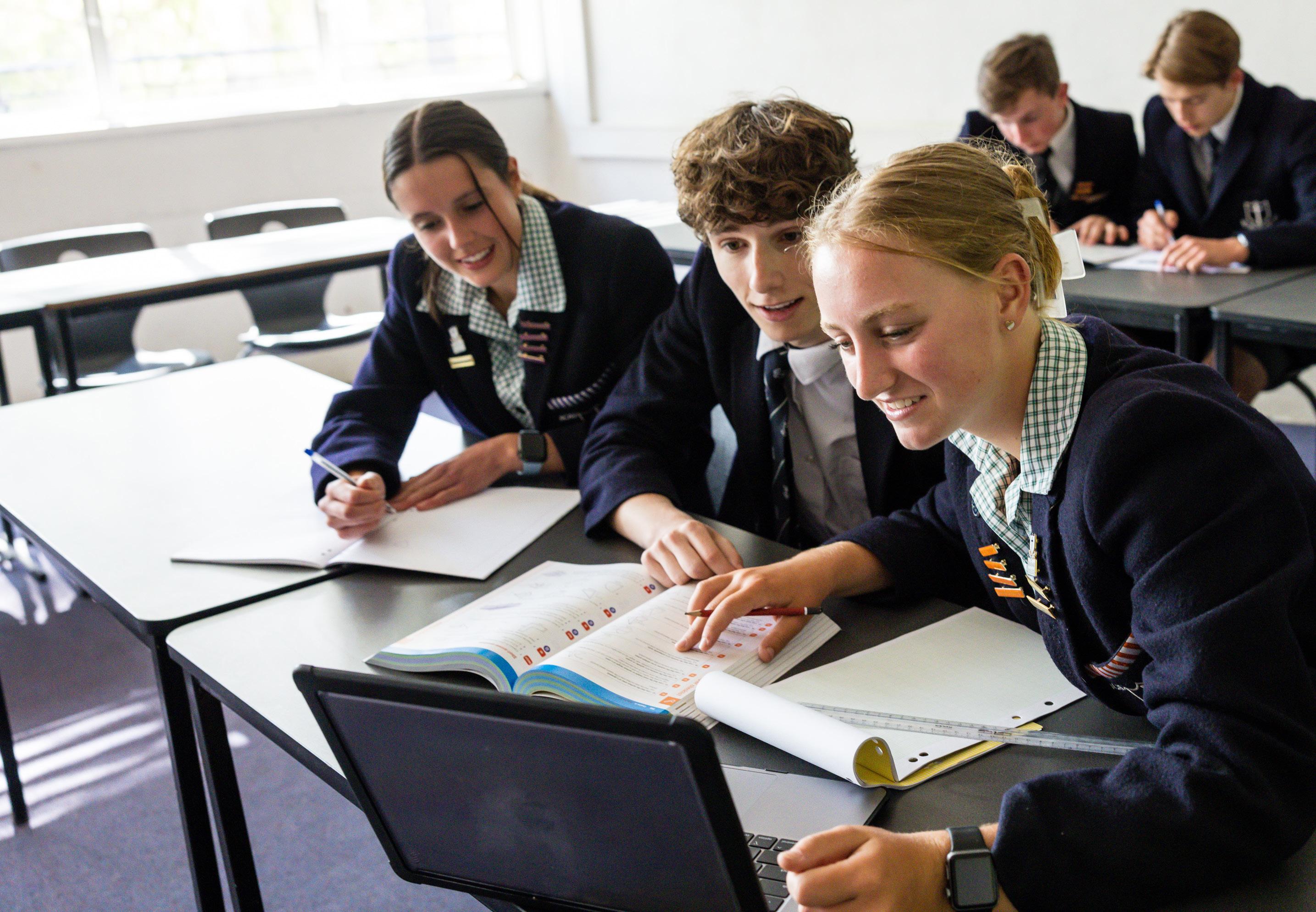 Dean of Learning and Teaching
Dean of Learning and Teaching

“Who you are is what makes you special. Do not change for anyone.” In life, there will always be Which one is more important, your present or your future? Some say one should plan for the future. Some also say one should live in the present and not worry about the future. So, which one matters more?
It is important to balance both the present and the future. Planning for the future can help ensure that you have the resources and opportunities you need to achieve your goals and live a fulfilling life, but it is also important to enjoy and make the most of the present. It is important to find the right balance for yourself, and to periodically check in and make sure that you are happy with the balance you have reached.
A way to balance the present and the future is to set aside time each day or week for activities that bring you joy and fulfillment in the present, while also dedicating time to work towards your future goals. Ultimately, the key to balancing the present and the future is to find a way to enjoy and appreciate your life in the present while also working towards the things that you want to achieve in the future.
Balancing the present and the future can be challenging, as it requires making decisions and taking actions that will impact both your immediate circumstances and your long-term trajectory. Here are a few things to keep in mind as you work to balance the present and the future:
Set goals: Setting goals can help you clarify what you want to achieve in the future and identify the steps you need to take to get there. It can also help you prioritize your time and resources in the present.
Make a plan: Once you have identified your goals, create a plan for achieving them. Break these goals down into smaller, manageable steps that you can take in the present to move closer to achieving your long-term objectives.
Live in the moment: It’s important to enjoy life and make the most of the present moment. Take time to appreciate the people and things that bring you joy and happiness.
Be flexible: Life is unpredictable, and your goals and circumstances may change over time. Be open to adjusting your plans and goals as necessary to ensure that you are always moving in the direction that is best for you.
Prioritize self-care: Taking care of your physical and mental health is essential for both your present and your future. Make sure to prioritize self-care activities like exercise, relaxation, and socializing with loved ones.
Balancing the present and the future requires a willingness to be intentional about your choices and actions. By setting goals, planning, staying flexible, and prioritizing self-care, you can find a balance that works for you. There are several common obstacles that people face when trying to balance the present and the future.
Procrastination: Many people struggle with procrastination, which can make it difficult to take the necessary steps to achieve long-term goals. It can be tempting to put off tasks that don’t have an immediate payoff but doing so can make it harder to achieve your goals in the long run.

“The past is behind, learn from it. The future is ahead, prepare for it. The present is here, live it”
Lack of motivation: When working towards a long-term goal, it can be easy to lose motivation if you don’t see progress right away. This can be especially true if the goal is particularly challenging or requires a lot of effort.

Overcommitment: It’s common for people to overcommit themselves, taking on too many responsibilities or trying to achieve too many goals at once. This can make it difficult to find a balance between the present and the future, as it can lead to burnout and exhaustion.
Lack of resources: Achieving long-term goals often requires access to resources like time, money, and social support. If you don’t have access to these resources, it can be difficult to balance the present and the future effectively.
Fear of failure: Fear of failure can be a major obstacle to achieving long-term goals. If you’re afraid of failing, it can be hard to take risks or try new things, which can make it difficult to achieve your long-term objectives.
Overcoming these obstacles requires a combination of self-awareness, goal setting, and self-discipline. By identifying the obstacles that are holding you back and taking individual, supported steps to overcome them, you can find a balance between the present and the future that allows you to live a happy, fulfilling life.
Mrs Emma Grant Dean of Wellbeing and Culture



